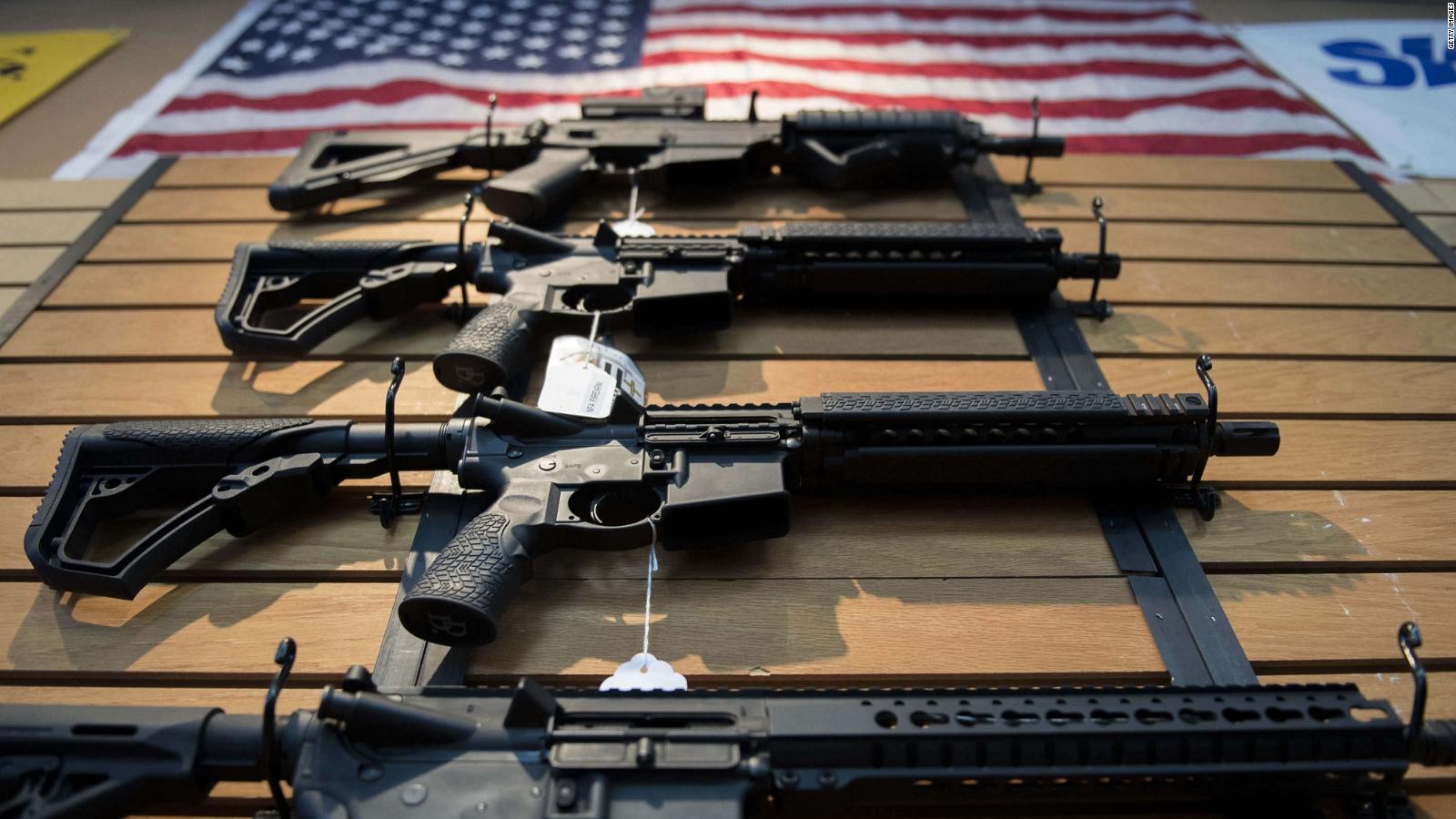
Lhe black gold still pays off, and Rosneft proves it. At a time when the twenty-seven countries of the European Union (EU) decide on an embargo on 90% of the crude oil purchased from Russia, i.e. 2 million barrels per day, the Russian oil company is showing itself to be very generous towards its shareholders – and for the first of them, the State, which can finance the war in Ukraine. It decided, Monday, May 30, to pay a historic dividend for the second half of 2021, bringing its envelope to 6.5 billion euros over the entire financial year, more than half of the 10.3 billion in profits. made. A feast of shareholders.
Two weeks before the invasion of Ukraine, the CEO of Rosneft predicted a bright future for his group, symbolized by the huge Siberian project of Vostok Oil. Igor Sechin assured that such investments will support a “stable share price growth over the next few years”. There is no doubt that, in the immediate future, his company is benefiting from soaring prices, which reached 123 dollars (114.70 euros) a barrel on Tuesday, May 31, in London. And the 2022 profits still look huge.
Other outlets
But the embargo, decided very quickly by the United States and the United Kingdom, then by the EU, will weigh on its sales and its production capacities. In the medium term, the entire hydrocarbons sector is threatened, and the resources of the country, which exports eight million barrels a day. A considerable loss. “At 100 dollars per barrel, revenue would rise to 306 billion, or 18% of gross domestic product”, calculated Eric Chaney, economic advisor to the Institut Montaigne. Four to five times more than revenue from gas. The International Energy Agency expects a drop in Russian production and exports.
Rosneft, which pumps 40% of the country’s oil, will find it increasingly difficult to sell its production, as will the private group Lukoil and the other companies. The horizon had darkened with the departure of BP, which owned 19.8% of Rosneft, and other majors (Shell, Exxon, etc.). The Norwegian Equinor has just announced its withdrawal from four joint ventures with the Russian company. Trafigura, a Swiss multinational commodity trading company, which had taken 10% of Vostok Oil, suspended its investments.
Is this situation enough to shake Mr. Setchine? Very close to Vladimir Putin, under Western sanctions since 2014, he assures that he has other outlets, such as India and China, even if he will have to agree to discounts on prices. The Europeans, who were already looking twice before buying cargo from it, are now counting on the United States and the oil monarchies of the Gulf to compensate for the deficit. If they find it in their interest.



